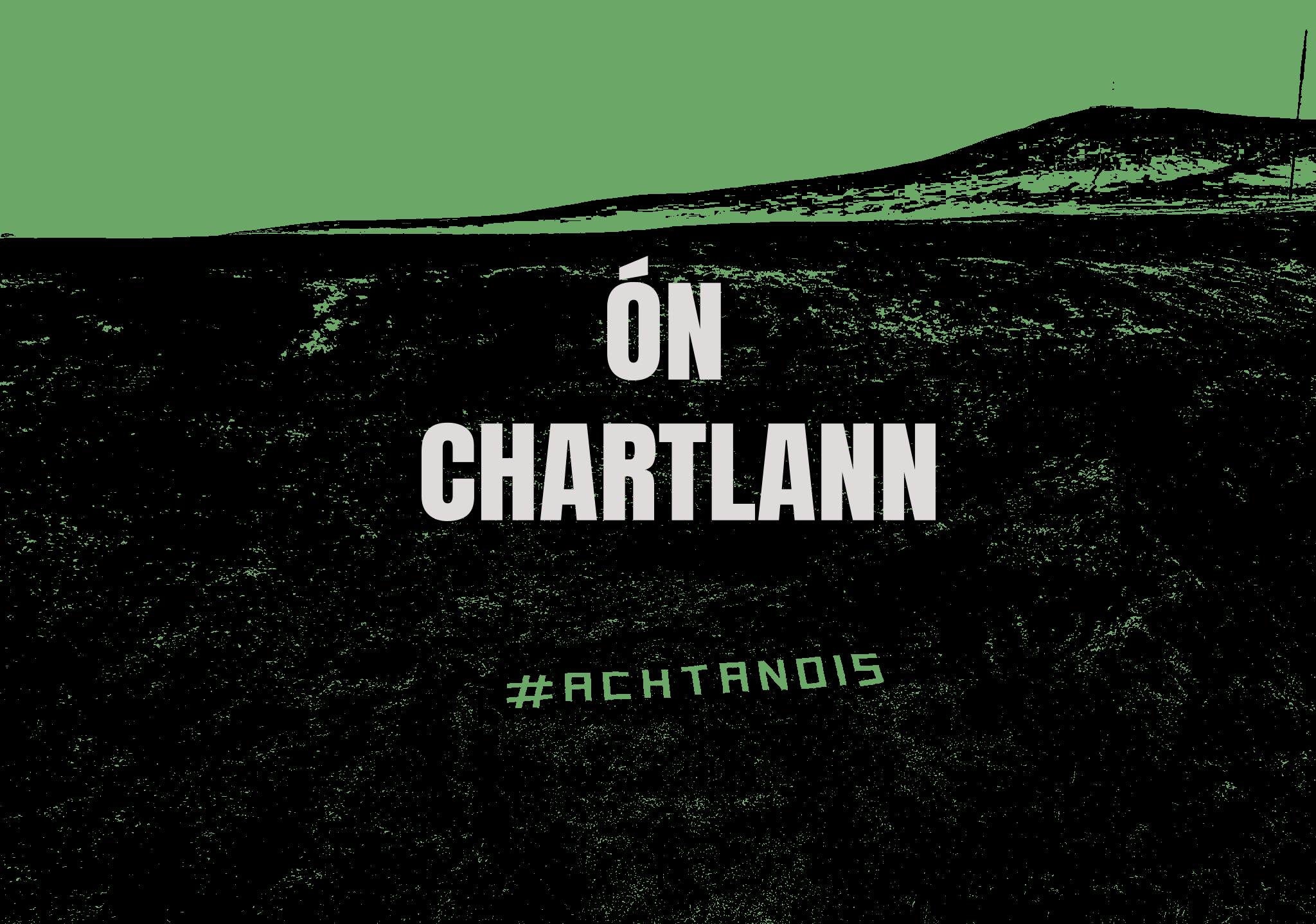An litir dhearg
Bí ar an eolas! Faigh ár nuachtlitir le bheith suas chun dáta leis na feachtais ar fad.

A STREET in North Belfast will become the first to have new Irish language signage under a controversial council policy.
Belfast City Council’s People and Communities Committee this week agreed new Irish signage for Ardilea Drive, between Ardoyne Avenue and Ardilea Street in BT14.
The decision is the first after a long and painful process of transformation of policy on dual language.
Last month a report into the council’s processing of new Irish street signs was commissioned after it emerged not one new sign has been made since the local authority changed its policy.
In the seven months since Belfast City Council policy on dual language street signs was changed to make thresholds easier, over 600 applications have been made for Irish street signs – with not one yet having been processed.
Ardilea Drive, will also have the Irish name Céide Ard an Lao on its street signage, after an application made by a resident. 11 persons were surveyed. Three occupiers (27 percent) were in favour of the erection of a second street nameplate, while eight occupiers (73 percent) did not respond to the survey
The translation was authenticated by Queens University, the approved translator for Belfast City Council. There is a cost of approximately £400 to cover the manufacturing and erection of the dual language street signs.
Last July councillors agreed the controversial new policy would finally be implemented – 18 months after the policy was originally given the go-ahead in the chamber. Sinn Féin, Alliance, the SDLP, the Green Party, and the People Before Profit Party all support the new street sign policy, while the three unionist parties, the DUP, UUP and PUP, are against it.
The new policy means at least one resident of any Belfast street, or a councillor, is all that is required to trigger a consultation on a second nameplate, with 15 percent in favour being sufficient to erect the sign. Non-responses will no longer be counted as “against” votes, and there will be an equality assessment for each application.
Up until last July, the policy required 33.3 percent of the eligible electorate in any Belfast street to sign a petition to begin the process, and 66.6 percent to agree to the new dual language sign on the street. There will be a maximum of five signs processed per month.
Elected members at this week’s People and Communities Committee also agreed an application for naming a new street in the city. The new street is being developed to include nine residential properties by Scoto Eastern Ltd off Dub Lane in Upper Malone.
The council agreed to Scoto Eastern’s request to call the new street Pavilion Park Demesne, their first choice as the new street is located on the site of the former Queens University sports pavilion.
Bí ar an eolas! Faigh ár nuachtlitir le bheith suas chun dáta leis na feachtais ar fad.